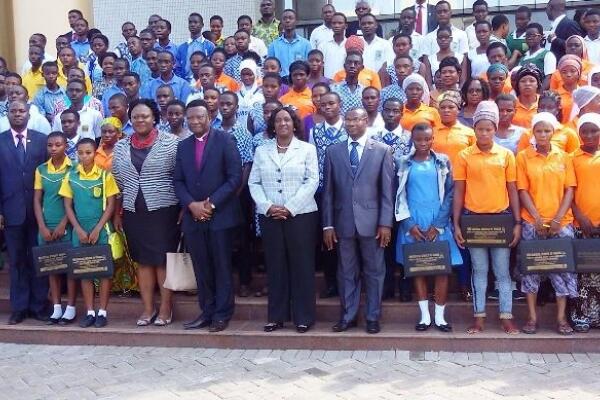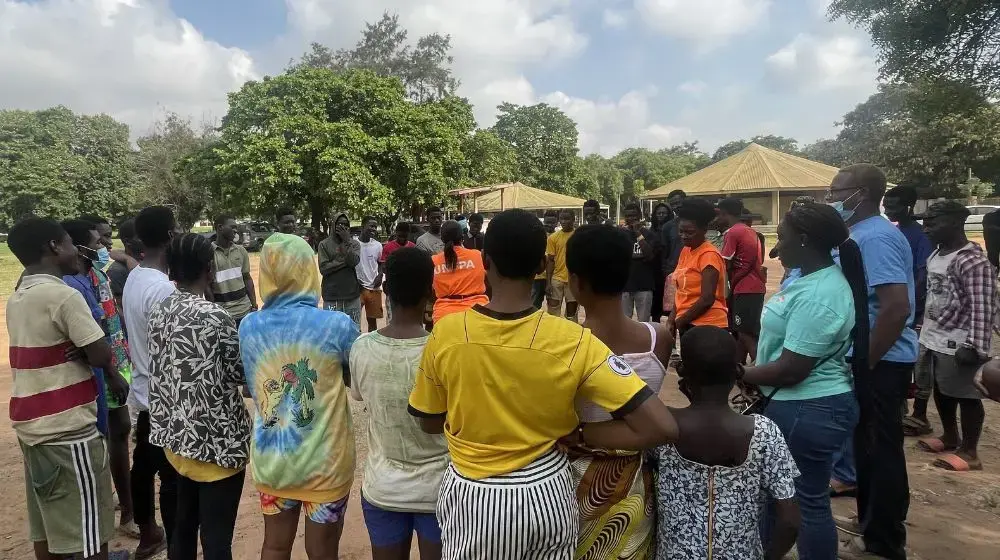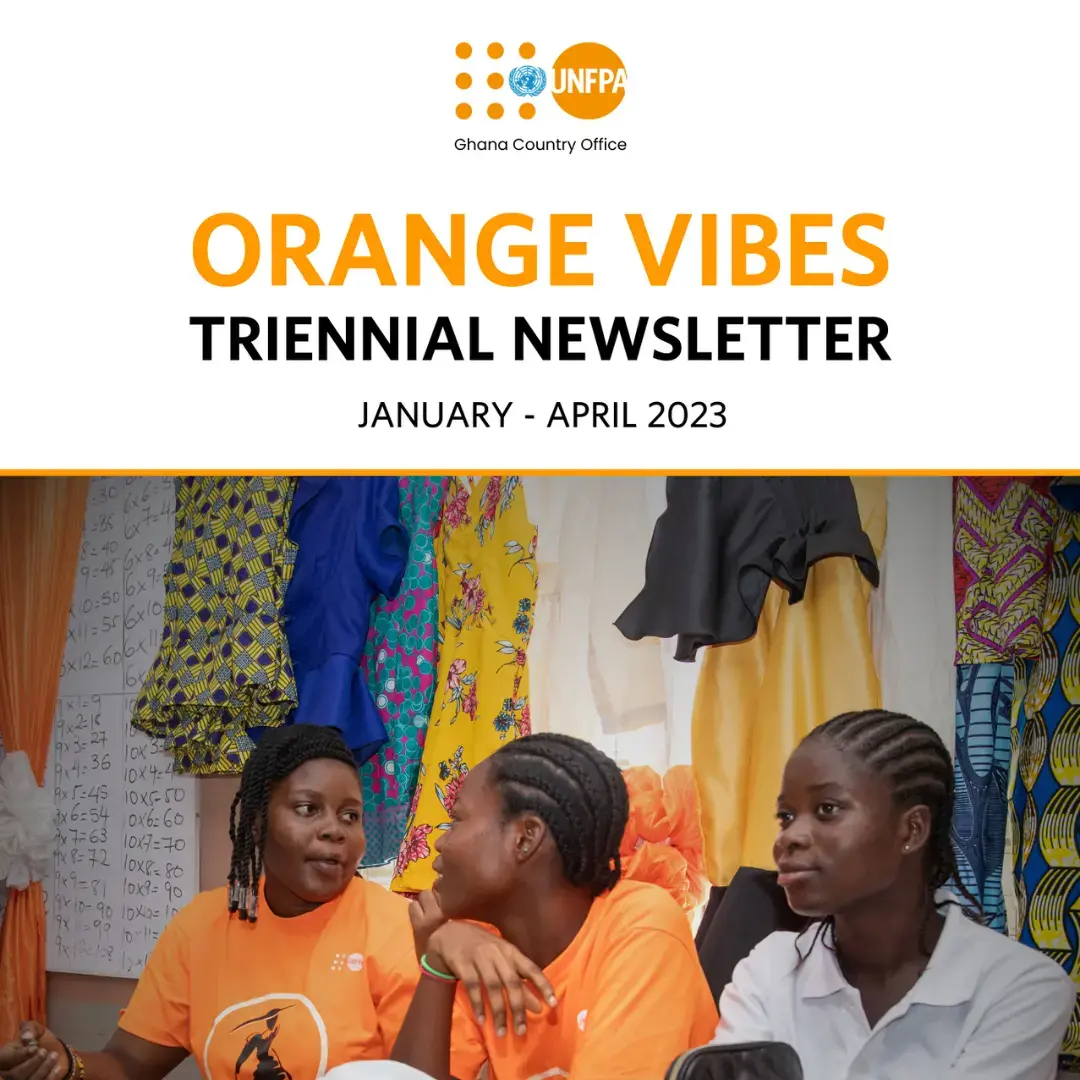The Chief Justice Theodora Georgina Wood said “safeguarding the rule of law is a collective responsibility and we all need to keep this in our minds as we raise the next generation of selfless leaders”. She said this at the 9th Chief Justice Annual Mentoring Programme held on 16th June 2016 in Accra. The mentoring programme targeted at the youth was initiated by the Honourable Lady Chief Justice when she took the high office in 2007. This edition also saw the inclusion of head porters popularly known as Kayayei for the second time.
On an annual basis, young people from selected second cycle institutions (schools) from across the country are brought to Accra to interact with the Chief Justice, members of the judiciary and the legal fraternity in general. These young persons are given the chance to observe court proceedings as a means to expose them and create their awareness on some aspects of the legal profession and proceedings that relate to the administration of justice. The exposure is also to demystify the administration of justice in Ghana and to provide the space for the young people to learn from other people’s life experiences, challenges and how they addressed these challenges to succeed in life. This was done as a mentoring strategy to encourage and to keep the hopes of these young people alive.
United Nations Population Fund, UNFPA identified and partnered with the CJ’s Mentoring Programme to increase access to rights-based integrated sexuality education and services among vulnerable girls, while improving legal literacy and girls’ empowerment to reduce their vulnerability. This strategy contributes to the Secretary General Ban Ki-Moon’s Global Initiative on Education dubbed “Education First”, which is aimed at promoting the transformation potential of adolescent girls and encouraging them to use education as a tool in protecting their reproductive health and rights.
For the 2015 pilot programme, UNFPA facilitated the participation of thirty kayayei from selected markets in Accra and a beneficiary Kubura Fuseini gave testimony of how she wanted to be a police officer but could not qualify due to fact that she was above the age limit. Kubura, however, made a different choice and has since gone back to school to train as a teacher.
The inclusion of the Kayayei, who were termed the “Orange Girls” at the 2015 program brought a new dimension to the mentoring programme and galvanized the interest of the Chief Justice and the Judiciary in expanding the programme to address the needs of vulnerable out-of-school girls.
Sakina Damba Yahaya, from Walewale in the Northern Region had this to say. “I am a kayayo in the Mallam Atta market and have been here for only eight months. I attended Walewale Senior High School but could not make the qualifying grades. Today’s programme has given me the hope to chase that dream which I have: to be a nurse. I have learnt that chasing the dream is not going to be an easy task, but I have relief with the story shared by Mr. Kwame Antwi Boasiako of how he sold bar-loafs on the streets of Accra just to enable him to pay his school fees and today he is a big time accountant and a director in the judicial service. I am determined to be a nurse. With God on my side, I will be successful. Please do not forget to pray for me and also call me regularly to remind me of the pledge I made to UNFPA today as this will keep me on my toes “.
The Deputy Representative Ms. Erika Goldson in her remarks reiterated UNFPA’s commitment to continue to facilitate this innovative approach that reaches out to poor and vulnerable young people, particularly out-of-school girls. She highlighted the fact that the engagement with the Chief Justice and her colleagues will provide a basis for new “Orange Girls” to obtain further knowledge and build self-worth in order to pursue further education. She concluded by emphasizing that an improvement in any form of the lives of these adolescent females will have a ripple effect on both their immediate families and the society as a whole.





